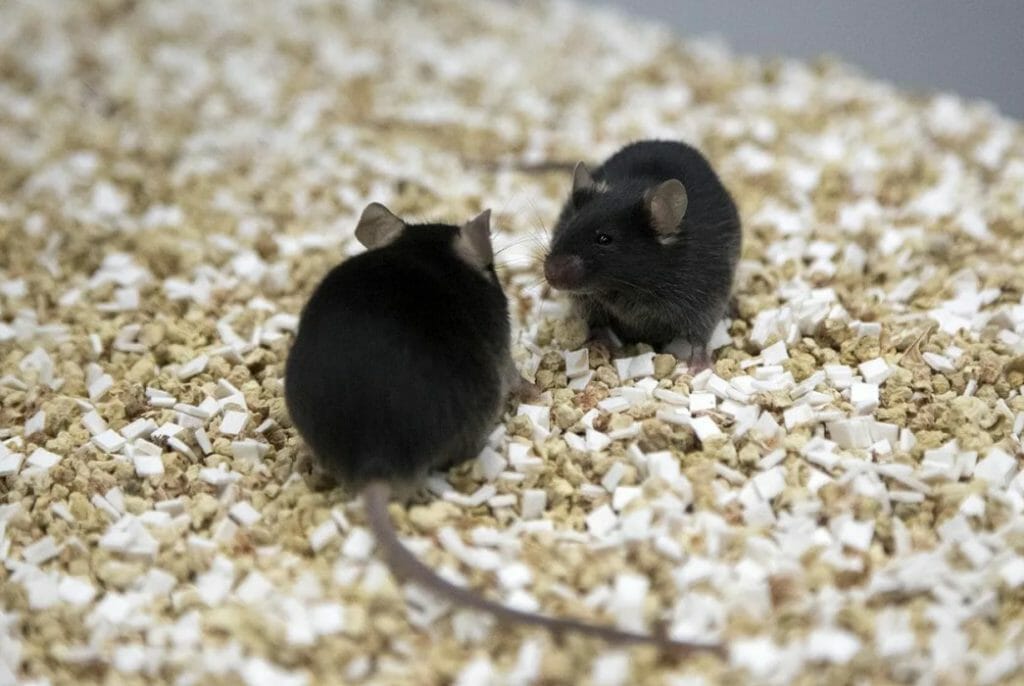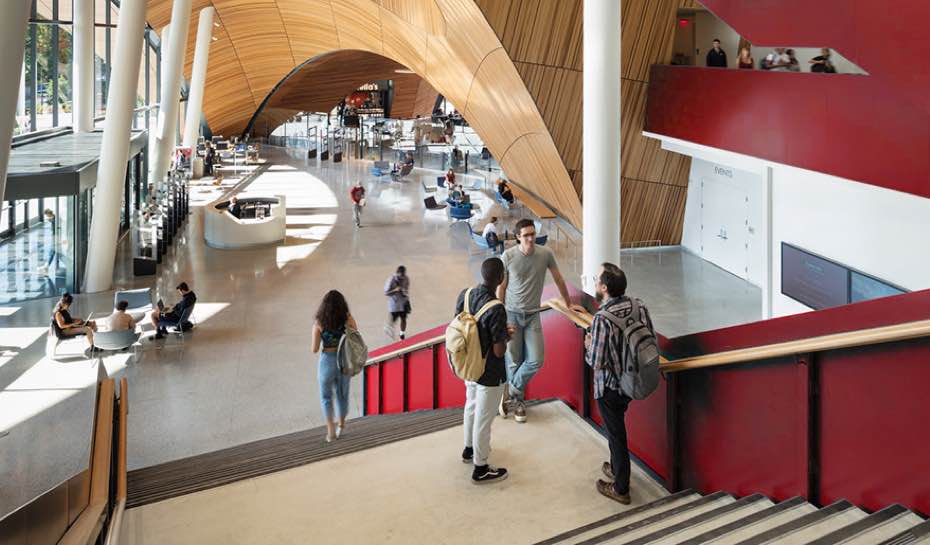Can you learn how to be positive or resilient?
November 3, 2022 2023-09-18 21:16
Can you learn how to be positive or resilient?
We all know someone who says: “I’m sorry, I’m like that!”, but is this totally true? The answer is, no, it is not true. We all have the ability to change if we set it as a goal to improve our quality of life and relationship with others.
Because human beings are not something degerminated. We are being all the time, and this is essential to keep in mind when making the wise decision to change those not so positive characteristics of our personality.
The study, published in the journal Nature on October 19, details how “a team of researchers from the Princeton Neuroscience Institute placed small mice in proximity to larger, more aggressive mice. And they found that a display of defensive behaviors predicted the mice’s ability to be resilient after the stressful event. In addition, the scientists found that by activating dopamine while the mice were defending themselves, they could further bolster resilience”.
Image: scitechdaily.com
The article about the study, published on the website scitechdaily.com, relates how “Resilience can be learned and even reinforced”.
So we could say that even though we may have a tendency to certain moods, resilience is a virtue that can be worked on, and that will undoubtedly help us to cope with life situations in a better way. In addition, we have the ability to teach our group to include this attitude in the different situations that may arise.
“In the study, the researchers measured resilience by monitoring the behaviors of the mice over the 10 days during which they were attacked by the aggressor.
The mice that tended not to fight back ended up displaying depression-like behaviors, such as social avoidance after the stressful event. Meanwhile, the mice that fought back showed greater resistance.
By stimulating dopamine while the mice defended themselves, the researchers found they could make the mice even more resilient. On the other hand, stimulating dopamine during avoidance behavior did not make the mice more resistant.
It’s a complicated environment where a mouse has to decide what to do with a bully mouse”, said Ilana Witten, professor of neuroscience and author of the study. “The decision he makes has profound consequences in terms of how it ends”.
So, it could be said that although everything depends on the glass with which you look at it, it will depend on each person how clean or cloudy their glass is, and also, be clear that it is the decision of each one to choose to be positive every day. . Since although we cannot end the problems, we can face them in a more accurate and forceful way, instead of fleeing and losing due to lack of strength.
This type of investigation, especially in the times in which we live, where there is negative news that spreads quickly, wars, invasions, crises, inflation, and hunger; it is very easy to have win than to give up. If you take into account that we are capable of changing our reality with our attitude, we are certain that we have that power, the last word to decide our attitude.
It is also very important to keep in mind that the reference group in which we live has a direct influence, for better or worse, on our attitudes towards life. Being real the saying: “you are the average of the 5 people with whom you relate the most”.
Are you willing to be an agent of change in your reference group? If you are interested in this topic, we share a series of readings related to the subject:
“Behavioural and dopaminergic signatures of resilience” by Lindsay Willmore, Courtney Cameron, John Yang, Ilana B. Witten and Annegret L. Falkner, 19 October 2022, Nature.
DOI: 10.1038/s41586-022-05328-2
Researchers Find That Resilience Can Be Learned, and Can Even Be Reinforced
Withstand Psychiatric Stress: Jumping Gene Strongly Linked to Depression, Fear, and Anxiety
SciTechDaily, 2022
How Does the Brain Decide in Chaos? SciTechDaily, 2022
Neuroscience Experiment Shows How Dopamine Drives Hallucination-Like Perception in Mice. Mike ONeill, SciTechDaily, 2021
Reward Neurotransmitter Dopamine Involved in Recognizing Emotions
Society for Neuroscience, SciTechDaily, 2022
“Feel Good” Brain Chemical Dopamine Can Be Willfully Controlled
Mike ONeill, SciTechDaily, 2021
Resilience, Rebekkah Smith Aldrich, 2018
Resilience : The Science of Mastering Life’s Greatest Challenges, Steven M. Southwick, Dennis S. Charney, 2012.
Finding Resilience : Change and Uncertainty in Nature and Society, Brian Walker, 2019.
The Resilience Workbook : Essential Skills to Recover From Stress, Trauma, and Adversity, Glenn R. Schiraldi, 2017.
Researching Resilience, Linda Liebenberg, Michael Ungar, 2099.
 |
Author : Vanessa D”angelo
|
Related Posts
Can you learn how to be positive or resilient?
November 3, 2022 2023-09-18 21:16Popular Tags






























